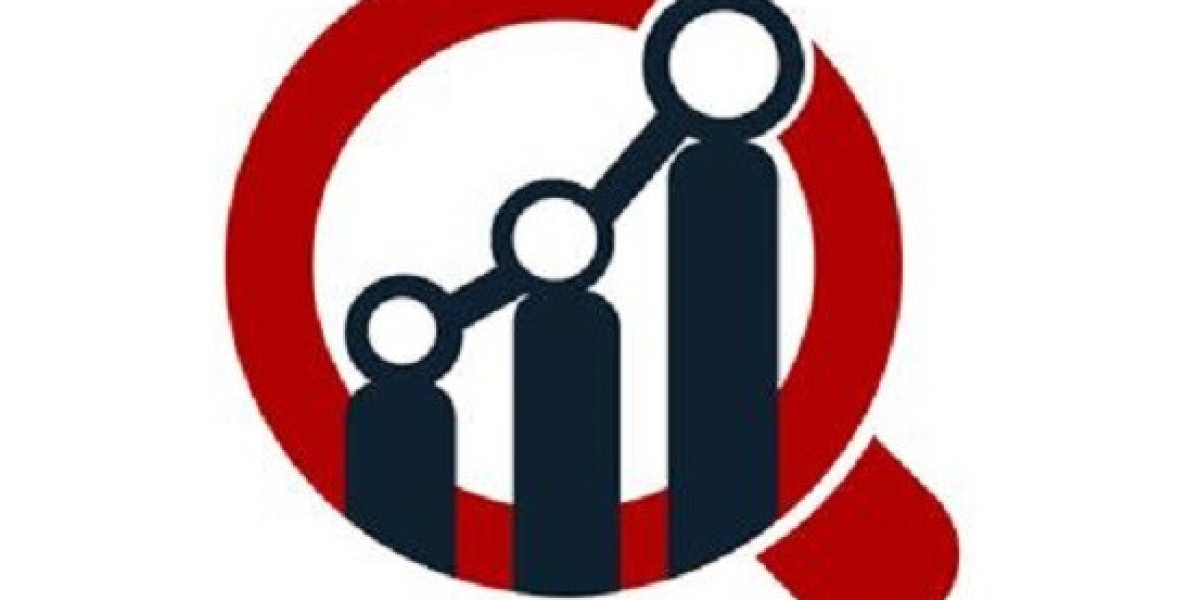The global Clinical Decision Support Systems (CDSS) Market is witnessing rapid growth as healthcare providers increasingly embrace digital transformation and data-driven decision-making tools. According to Market Research Future (MRFR), the market is expanding significantly due to the rising demand for advanced healthcare analytics, growing electronic health record (EHR) adoption, and the urgent need to improve diagnostic accuracy and treatment outcomes. CDSS solutions are now an integral part of modern healthcare infrastructure, helping physicians, clinicians, and healthcare administrators make timely, evidence-based decisions.
Revolutionizing Healthcare through Smart Decision Support
Clinical Decision Support Systems are intelligent tools designed to assist healthcare professionals by analyzing large datasets and offering insights that improve patient care. These systems integrate with hospital information systems and EHR platforms to deliver alerts, reminders, diagnostic assistance, and treatment recommendations. As the healthcare industry faces growing pressure to reduce medical errors and optimize resource utilization, CDSS is emerging as a powerful ally.
One of the key factors driving market growth is the increasing focus on personalized medicine. By leveraging patient data, genetic information, and predictive analytics, CDSS enables clinicians to design tailored treatment plans. Moreover, the integration of artificial intelligence (AI) and machine learning (ML) algorithms enhances the accuracy of predictions, ensuring that healthcare providers make informed choices.
Market Drivers and Growth Factors
The Clinical Decision Support Systems Market is primarily driven by several critical factors, including:
Rising incidence of chronic diseases: The growing prevalence of lifestyle-related and chronic conditions, such as diabetes, cardiovascular diseases, and cancer, has increased the need for real-time decision-making support in clinical workflows.
Government initiatives and digital health policies: Many countries are investing heavily in health IT infrastructure to ensure safer and more efficient care delivery.
Technological advancements: The integration of big data analytics, cloud computing, and interoperability standards has enhanced the functionality and scalability of CDSS solutions.
Growing demand for evidence-based medicine: Clinicians are increasingly relying on evidence-based tools to minimize diagnostic errors and ensure consistency in clinical practice.
Additionally, the shift toward value-based healthcare—where outcomes and quality take precedence over volume—further strengthens the adoption of CDSS platforms.
Regional Insights
North America currently dominates the Clinical Decision Support Systems Market, driven by early adoption of healthcare IT, favorable government initiatives, and a robust network of key technology providers. The U.S. remains a frontrunner, with hospitals and clinics integrating decision support systems to enhance patient safety and streamline workflows.
Europe follows closely, supported by stringent regulatory standards and ongoing investments in eHealth. Meanwhile, the Asia-Pacific (APAC) region is expected to record the fastest growth due to expanding healthcare infrastructure, rising awareness about digital health, and the adoption of EHRs in emerging economies like India and China.
Challenges and Opportunities
Despite the strong growth prospects, the market faces certain challenges. Data interoperability, privacy concerns, and the high cost of deployment remain barriers to widespread adoption. Furthermore, resistance from healthcare professionals accustomed to traditional systems can slow integration efforts. However, as cloud-based and subscription-based CDSS solutions become more affordable, these obstacles are gradually diminishing.
The ongoing evolution of AI-driven clinical decision platforms represents a transformative opportunity for the industry. Predictive analytics, natural language processing (NLP), and real-time data integration are poised to redefine how clinicians interact with patient information, leading to more proactive and preventive healthcare strategies.
Future Outlook
The Clinical Decision Support Systems Market research by Market Research Future (MRFR) highlights a promising future marked by technological convergence and innovation. The next phase of development will likely focus on improving interoperability across healthcare systems, expanding the use of cloud-based architectures, and enhancing system usability to support decision-making in complex clinical environments.






